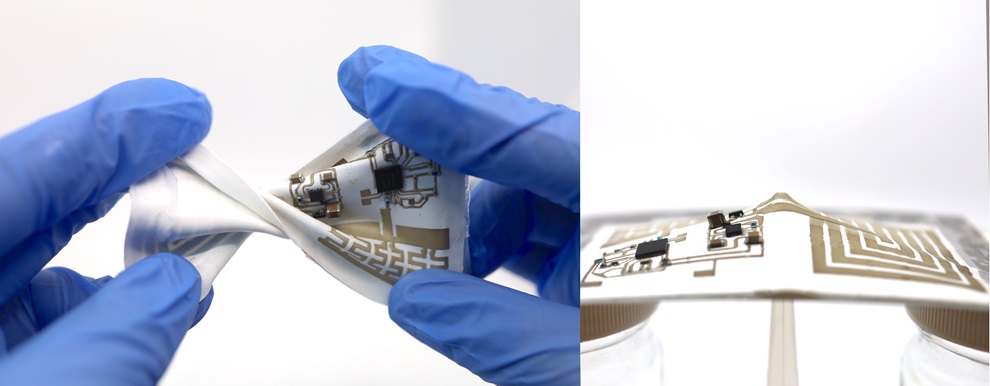Drug Resistant Bacteria Common in Nursing Home Residents
By HospiMedica International staff writers
Posted on 13 May 2015
One in five nursing home residents with advanced dementia harbor multidrug-resistant gram-negative bacteria (MDRGN) strains, according to a new study.Posted on 13 May 2015
Researchers at Rhode Island Hospital (Providence, USA) and Hebrew Senior Life (Boston, MA, USA) conducted a prospective cohort study involving 152 nursing home residents with advanced dementia in 22 facilities in the greater Boston (MA, USA) area to quantify the extent of inter- and intra-nursing home transmission of MDRGN among residents with advanced dementia, and characterize MDRGN colonization among these residents. Serial rectal surveillance cultures were obtained every 3 months for one year or until death.
The results showed nearly 20% of the residents were colonized with more than one MDRGN, with the most common being E. coli and Proteus mirabilis. Nearly 90% of the bacteria found were resistant to three types of antibiotics, most notably ciprofloxacin, gentamicin, and extended-spectrum penicillin. Genetically related bacteria were detected in 18 of the 22 nursing homes (82%), indicating overlapping hospital stays among residents with advanced dementia from different nursing homes, and healthcare professionals cross-covering multiple nursing homes. The study was published on April 29, 2015, in Infection Control & Hospital Epidemiology.
“Nursing home residents with advanced dementia usually have an increased need for healthcare worker assistance, as well as frequent exposure to antibiotics. This combination may be leading to a subset of vulnerable long-term care residents at high risk of both acquiring and spreading these dangerous bugs,” said lead author Erika D'Agata, MD.
“Frequent hospitalization among these residents also provides a constant influx of drug-resistant bacteria into the hospital setting, further fostering the spread throughout the healthcare delivery system,” concluded Dr. D'Agata and colleagues. “Ongoing efforts to curb the acquisition and spread of bacteria among nursing homes residents are crucial, since this is an issue that goes beyond just one realm of care. Healthcare institutions must work together to help curb the transmission of these emerging, dangerous pathogens.”
Related Links:
Rhode Island Hospital
Hebrew Senior Life














